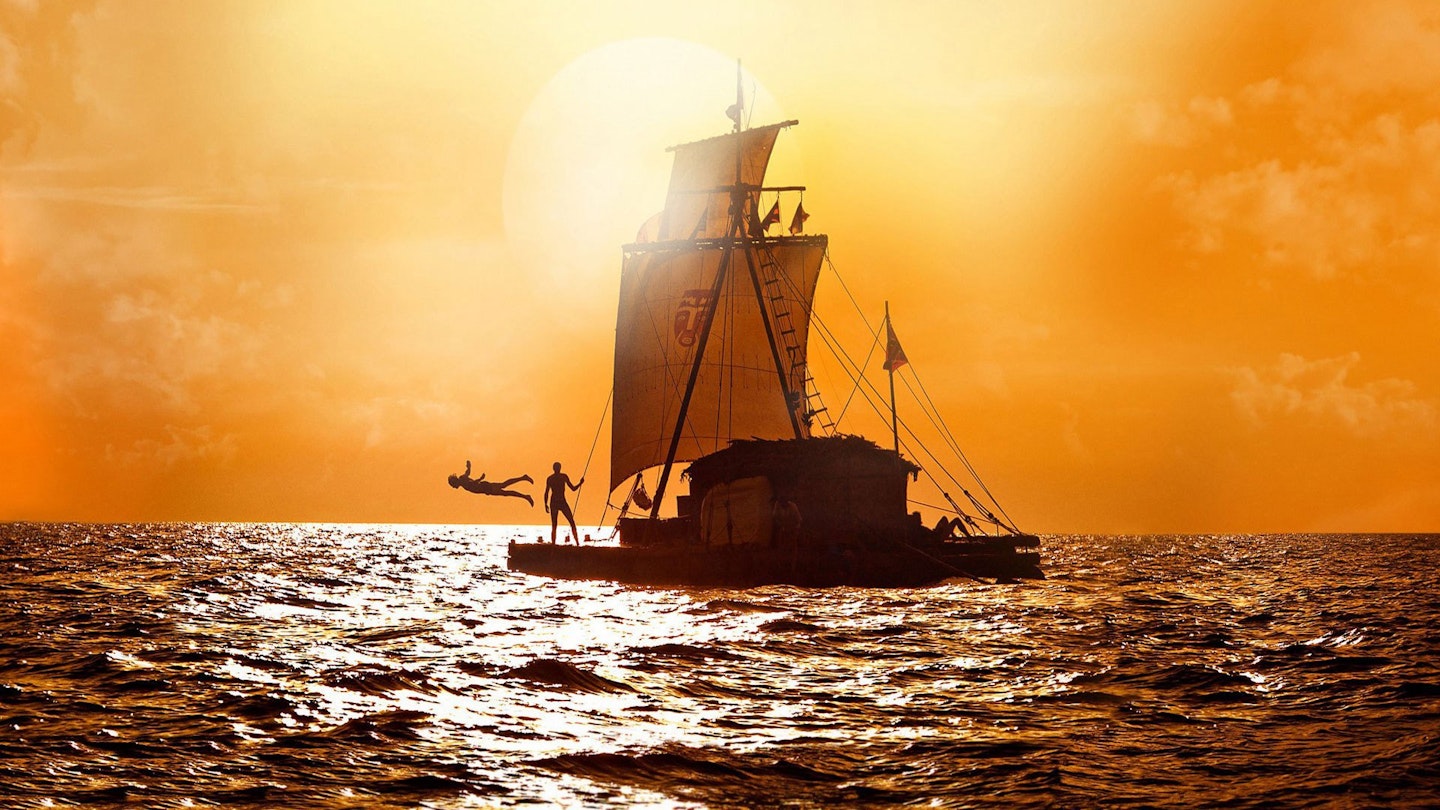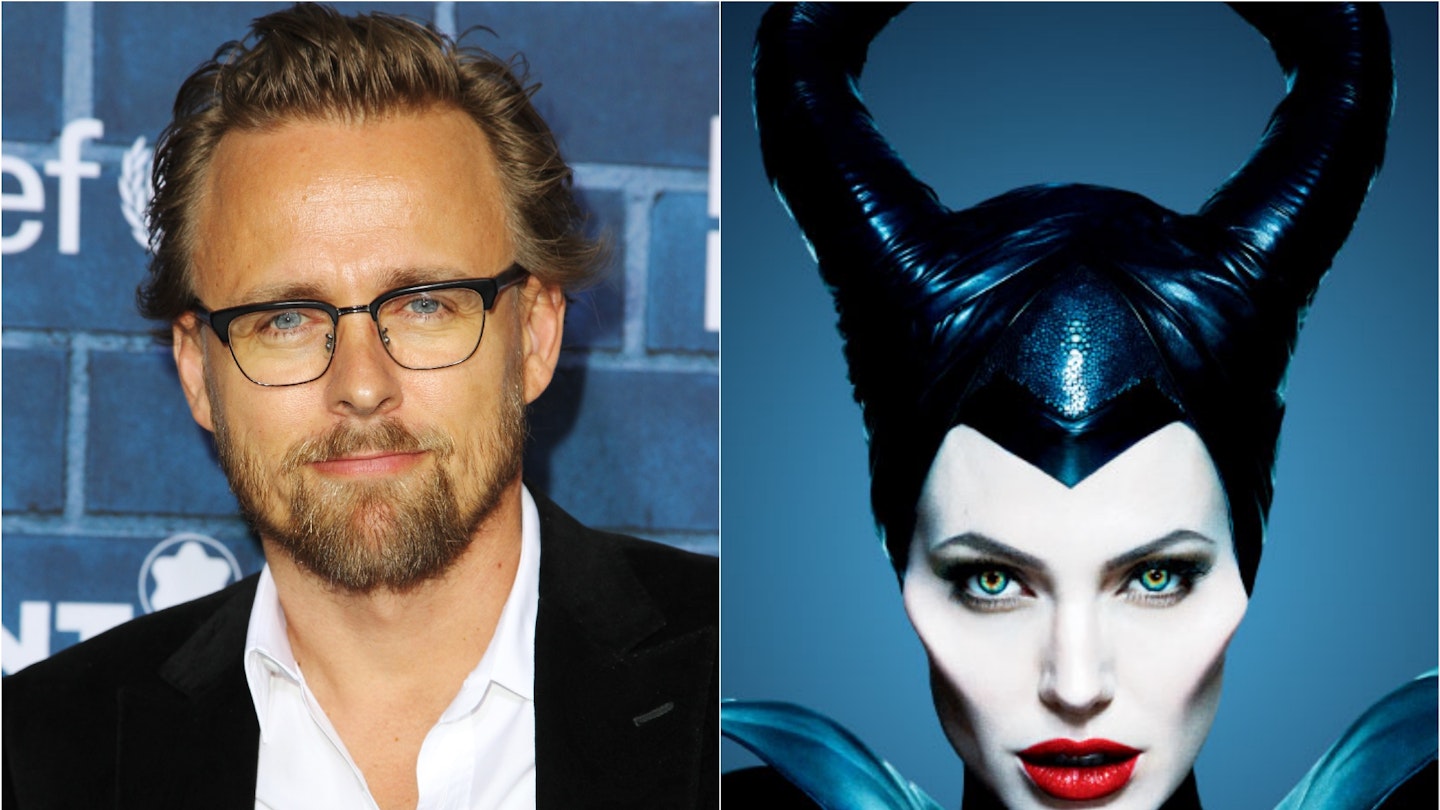With the determined single-mindedness of Fitzcarraldo and the beard of Chuck from Cast Away, Norwegian adventurer Thor Heyerdahl sets out to prove that Polynesia was originally settled by the ancient Peruvians, using only a balsa wood raft, a transistor radio and raw, salt-encrusted chutzpah for the job. With similar determination (although less facial hair), stalwart British producer Jeremy Thomas has spent 20 years getting wind into the sails of this adaptation, dealing with doubters and wary financiers in a way Heyerdahl would have found strangely familiar. Even after an Oscar nod in the year of Argo, Kon-Tiki was left becalmed, finally scoring a UK cinema date two years after its original release.
Happily, it’s been worth the wait. Co-directors Joachim Rønning and Espen Sandberg have forged a pleasingly old-fashioned piece of storytelling that’s big in spectacle, yet still precise in characterisation. The story’s centrifugal force is Heyerdahl, brought to increasingly gimlet-eyed life by initially boyish newcomer Pål Sverre Hagen. Foiled early efforts to find funding for his expedition are set against a surprisingly expansive New York backdrop, but it’s when he and his five fellow mariners take to the water that the film bursts into life. Tempers flare as the raft — a kind of bijou Noah’s Ark — drifts slowly towards a terrifying maelstrom, while tempests rage on the horizon and hungry fish circle. One heart-stopping sequence sees a crew member washed overboard and right into the middle of Shark Week.
The fact that it’s all true makes it no less nutty. But rather than depict this semi-suicidal current ride at face value, the co-directors elevate it into an enthralling clash of ancient ways and modern methodology. “The oceans were not barriers but roads,” Heyerdahl doggedly avows of his spiritual forebears’ journey, “not impediments, but pathways.” To all that unshakable conviction Hagen adds a glint of religious fanaticism, a zeal that hints as to why this man was prepared to abandon his wife and children and risk death on a 1,500 year-old hunch. Here’s a film that ponders, intriguingly, whether the most daring deeds require more than just a trace of madness.








